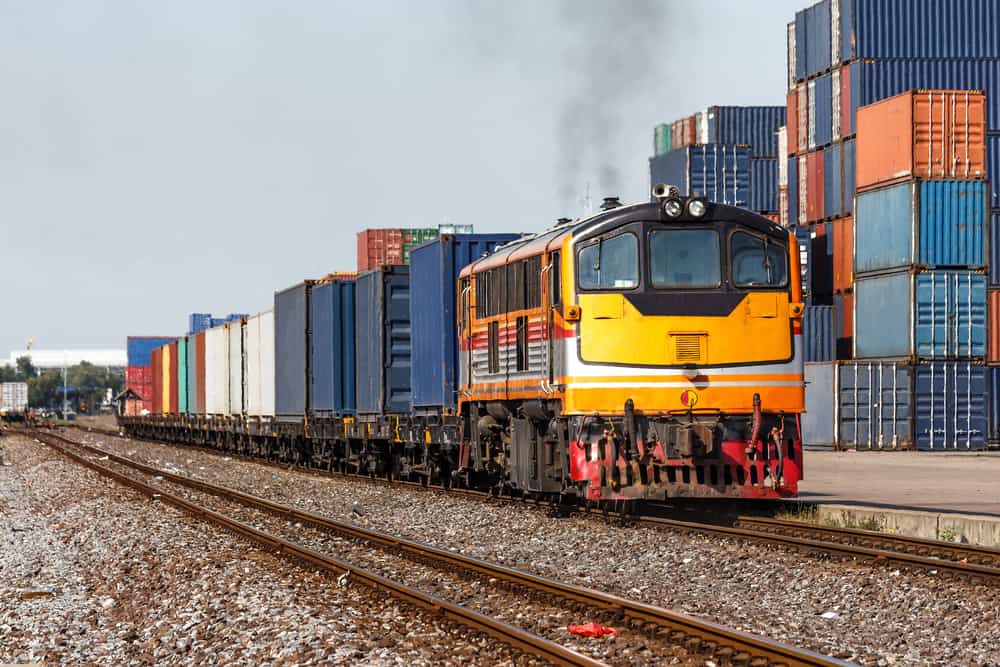Why are railroads important?
Railroads are mainly important for moving goods that are mostly heavy in weight and are bulky over long distances, as transportation makes up the majority of the total cost of delivery. Coal, fertilizer, chemicals, forest products, finished motor vehicles and metals are a few examples of commodities that are moved by railroads, among many others. The advantages of railroad transportation are too great to ignore.
What are the advantages of railroads compared to other modes of transportation?
If your shipment has to move over 1,000 miles and is not time-sensitive, rail transportation can be cost-effective for your shipment. Railroad shipments are usually 10%-15% less expensive compared to intermodal transportation. For shipments that are less competitive with trucking, the rate difference can be much higher, or trucking companies might be unable to compete to generate a profit entirely. Compared to transporting goods by barge on an inland waterway, railroads are more expensive, but the fastest option.
Additionally, railroads are the most environmentally-friendly transportation method, as they burn less fuel per ton mile than trucks. According to the Association of American Railroads (AAR), railroad transportation reduces gas emissions by 75% compared to trucks. One other advantage of railroads is that they carry a broad variety of bulk products, chemicals, motor vehicles and shipping containers. Yes, trucks are useful because they enable flexible point-to-point operation, but they are relatively inefficient and could be dirty, dangerous, and destructive to roads.
Who regulates and controls railroads?
Railroads were financially deregulated by the Staggers Act of 1980 which enabled railroads to set prices that are determined by market conditions, instead of by any collective rate-making structure. Railroads became free to demand rates that they believed reflected market conditions provided that no alternative in the marketplace existed. The Staggers Act also allowed the railroads to abandon unused or lesser-used rail lines which were important because of the capital-intensive nature of keeping railroad tracks maintained to meet adequate safety standards. Railroads remain financially deregulated, but are under the control of the Surface Transportation Board (STB) of the U.S. Department of Transportation. STB is an independent federal agency that is charged with the economic regulation of various modes of surface transportation, primarily freight rail.
When choosing between different transport alternatives, you may be questioning which option is best for your freight.
Our best advice is to make a choice depending on the situation. Not all types of transportation are suitable for every situation and every type of cargo. It is important to do some research and get professional assistance before making a decision.




